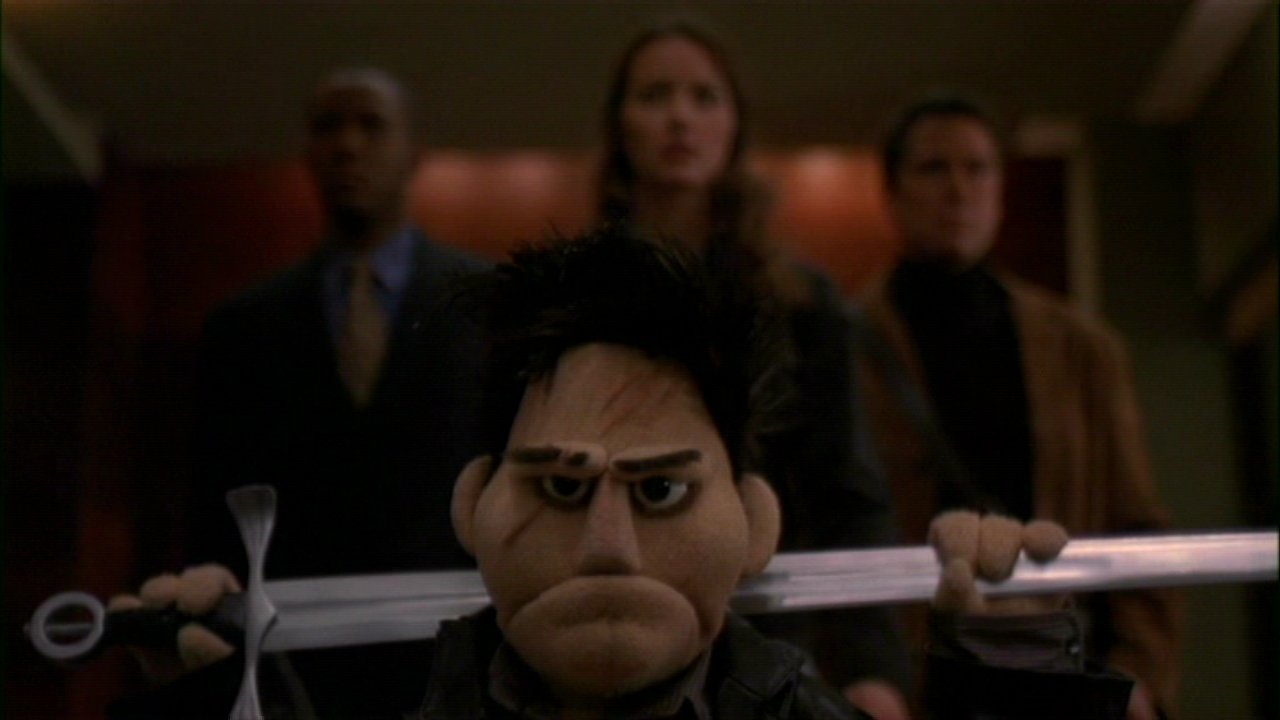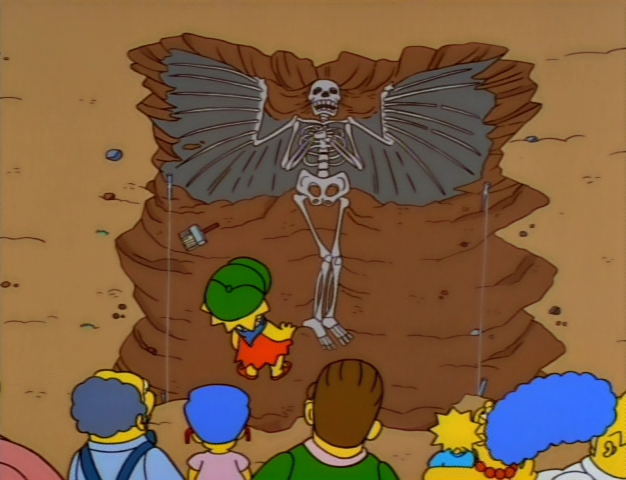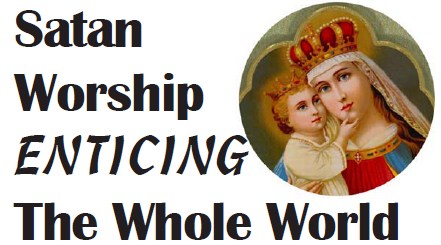Gettit? Oh, never mind. Anyhow, I felt as though it was high time to dispel some frequently held thoughts about angels. And angels, you see, are a bit of a tricky biscuit. Here's why. Describe an angel to me. Without looking, without getting all up ins, describe an angel to me in your mind. Now click this link. Were you right? Is that what you thought angels would look like?
Probably. That's sort of the cultural idea of angels, and how they're supposed to look. And this is, weirdly enough, how we figure we're going to recognize angelic beings. You figure that they're going to have a 'look,' and that look is to be
1 - White
2 - Reasonably attractive
3 - Having an enormous pair of wings coming out of their backs.
4 - Bonus if they're dressed in togas or a suit of armor.
Now, this is a look that we've constructed. Because here's the truth about angels. Are you ready? Because I'm about to drop something on you. The Bible tells us, about angels, that they are purposefully unrecognizable. That is, they're around, but you're not going to recognize them. Hebrews talks about that, when it talks about hospitality, saying that
Do not neglect to show hospitality to strangers, for thereby some have entertained angels unawares.
No Kidding. This is the way things go down in the scriptures. There's a good chance that by you being hospitable, you have entertained angels without knowing it. Now, that wouldn't be possible if they were walken around with whacking great wings coming out of their backs. Not possible at all.
 But seriously, isn't that the point? Of what purpose would the work of Christ, the work of God be, if this was all so obvious? If' you're waiting for a time in which all these things will be totally obvious, in which you'll get to see first hand the angels and so on face to face, then you'd better wait for judgment day, because that's the only time that this stuff will or iundeed should be obvious. Aside from that, well, you're going to have to mix it up a bit if you want to recognize the divine. You're going to having to listen.
But seriously, isn't that the point? Of what purpose would the work of Christ, the work of God be, if this was all so obvious? If' you're waiting for a time in which all these things will be totally obvious, in which you'll get to see first hand the angels and so on face to face, then you'd better wait for judgment day, because that's the only time that this stuff will or iundeed should be obvious. Aside from that, well, you're going to have to mix it up a bit if you want to recognize the divine. You're going to having to listen.
If you were paying attention on Sunday (and really, who wasn't?), you would have remembered that I talked about the meaning of the word angel. Specifically, how it means messenger in the original Greek. And what is important about a messenger? Probably his message. Ultimately, this is the most important thing, and like most good messengers, angels want you to be listening to what they say, not looking at them and admiring them.
As I've said many times before, Christianity is incarnational. It is the essence of the faith, that God took on flesh and dwelt among us as we are. And when he did, he did so in disguise. He did so in a hidden manner. He wasn't on display, he wasn't out there ruling from a throne, as many of us may have wished he was. He was landing on hostile shores as the rightful king, disguised as a peasant, and dwelling amongst his people, beginning the revolution from within. What's important about this is that Jesus came not in glory, but in humility, to serve and to teach. If you were waiting for him to be here riding on the clouds, you will have missed something important. It's not about what he looks like, it's about what he says.
For all of our best intentions, we're still really visual. We still get really hung up on what people look like, we still have expectations as to where we should slot people based on what they look like. And then the Bible drops three passages on us that should shake us up. The first is the one from Hebrews 13 above:
Do not neglect to show hospitality to strangers, for thereby some have entertained angels unawares.
The second is from Jesus' image that he paints for us of the last Judgment, found in Matthew.
44 “They also will answer, ‘Lord, when did we see you hungry or thirsty or a stranger or needing clothes or sick or in prison, and did not help you?’
45 “He will reply, ‘Truly I tell you, whatever you did not do for one of the least of these, you did not do for me.’
The last is from the transfiguration, the one time while Jesus was on earth that he was fully seen in his majesty.
While he was saying this, a cloud formed and began to overshadow them; and they were afraid as they entered the cloud. Then a voice came out of the cloud, saying, "This is My Son, My Chosen One; listen to Him!"
The whole purpose of all of this is to not be looking for angels, but rather listening for them. It's to not be looking for Jesus but to be listening to him. All your expectations about what these people will look like, toss those expectations on the back burner, and don't worry about them. Concentrate more on listening to what the Christ actually has to say to you and for you. And if you want to listen to the angels, listen to this :
I, John, am the one who heard and saw these things. And when I heard and saw, I fell down to worship at the feet of the angel who showed me these things. 9But he said to me, "Do not do that. I am a fellow servant of yours and of your brethren the prophets and of those who heed the words of this book. Worship God."
That's the message of the angels. Of all angels. Of all Christians. Worship God. The one who restores and makes whole. The God who came in disguise for the salvation of the world. The God who brings justice and peace.
Worship God.
PJ.









